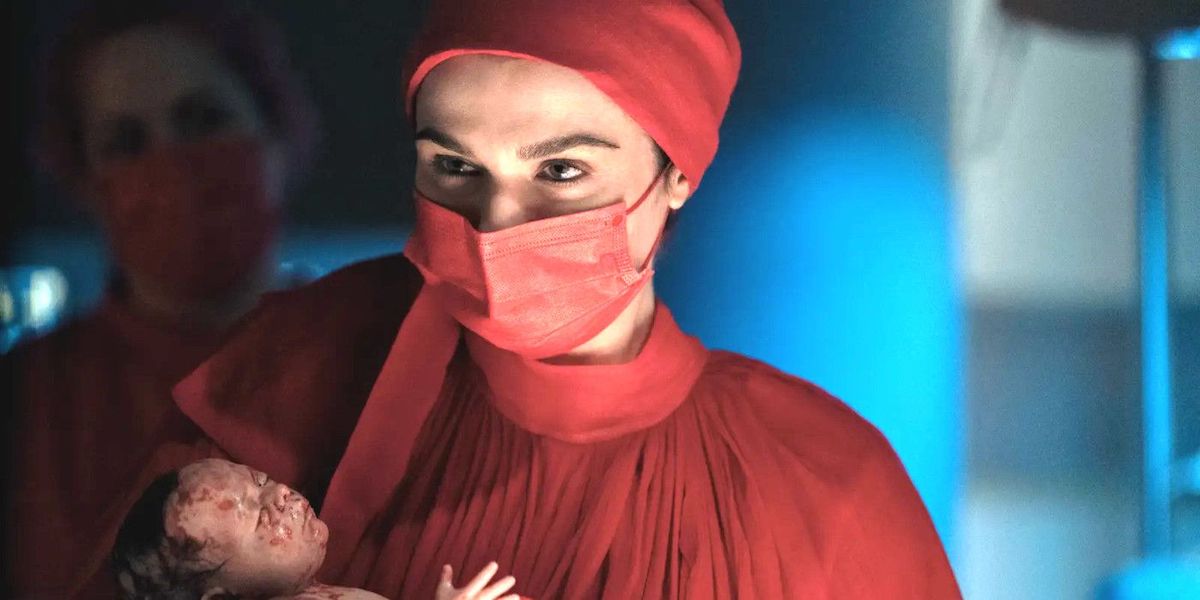‘Dead Ringers’ Episode 1 Is a Powerful Manifesto For Better Birthing. I Just Wish the Characters Were More Interesting

This article contains spoilers for Dead Ringers episode 1.
Dead Ringers, a gender-swapped reimagining of David Cronenberg’s 1988 film, introduces us to twin OB-GYNs Elliot and Beverly (both played by Rachel Weisz), along with the bloody mess that is American obstetrics. The first episode of the six-part series sees Elliot and Beverly trying to secure funding for a new birthing center. As they woo donors and deliver babies, Elliot and Beverly struggle with their own personal lives and fertility issues.
I admit that the first episode left me underwhelmed. The twins supposedly have distinct personalities—Elliot is the coke-snorting outgoing twin, while Beverly is the shy one—but they, along with every other character in the episode, are a nonstop fountain of sarcasm and f-bombs, with imperious quips substituting for real dialogue. The twins get up to some bad behavior, swapping places so that Elliot can snag a patient for Beverly to date, but edginess isn’t a compelling character trait, and I longed for everyone on the show to drop the act.
However. The series is also a potent commentary on the western world’s industrialized birthing system, and that’s the aspect of the series that hooked me.
In one scene, a Black mother complains of pain in her abdomen after giving birth. Her husband says she’s been waiting hours to see a doctor, and when the doctor—white, of course—finally shows up, she dismisses the mother’s pain and neglects to perform any tests. It turns out the mother is hemorrhaging, though, and by the end of the episode, she’s dead in a puddle of blood. Her husband is left holding their newborn and weeping, his entire family failed by a horrifically racist medical system.
In another scene, a woman is brought in after having been in labor for three days. She wanted a home birth because she’s terrified of hospitals, but something’s very wrong. When she finally delivers, her baby is stillborn, and she sobs as she whispers “I’m sorry” to the tiny body.
The twins use these stories to make their pitch for the birthing center toward the end of the episode. The way we do things isn’t working, they tell the donor. Women are too frightened of hospitals, where they’re infantilized and harmed, to come in when they need help. Black women who do come in are ignored, with lethal consequences. The current system is killing parents and babies. There needs to be a better way.
And it’s all true. None of it is exaggerated. Black maternal mortality in the U.S. is a disgrace. Medical trauma is very real, and leads people to delay or forego vital care. As someone who gave birth twice in hospitals, I can attest to the impersonalized nature of it. My experiences were relatively fine, but they still involved invasive, painful, and arguably pointless procedures. Elliot and Beverly are right—the system we have now isn’t working.
In later episodes, we’ll get to see Elliot and Beverly’s vision unfold. In the meantime, though, the women in the stirrups are the real stars of the show.
(featured image: Amazon Prime Video)
Have a tip we should know? [email protected]
